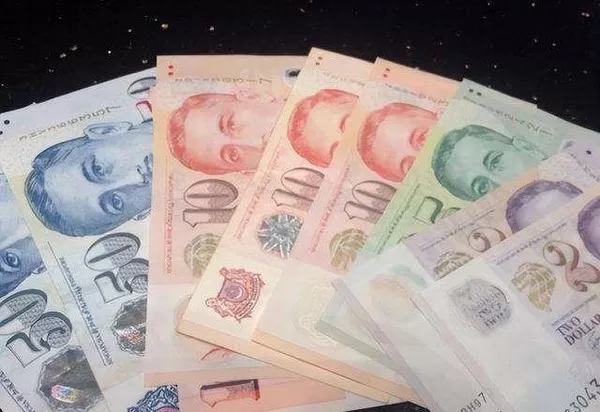The foreign exchange market is a dynamic and complex system where currencies fluctuate in value. Among these currencies, the British pound sterling, commonly known as the pound, has garnered attention for its recent strength. This article aims to provide a comprehensive analysis of the factors contributing to the pound’s current strength and the implications it carries. Understanding what drives the pound’s strength can shed light on the broader economic landscape and facilitate informed decision-making for businesses, investors, and policymakers.
Historical Context
To comprehend the present strength of the pound, it is essential to consider the historical context. The pound has a rich heritage and has served as a resilient currency over the years. Despite facing various challenges and fluctuations, the pound has managed to remain one of the world’s major reserve currencies.
Macroeconomic Factors
Economic Performance:
1. Strong GDP Growth: The pound’s strength can be attributed, in part, to the robust performance of the UK economy. Favorable GDP growth rates indicate increased productivity, attracting foreign investment and boosting demand for the pound.
2. Low Unemployment Rates: A low unemployment rate signifies a healthy labor market, fostering consumer spending and driving economic growth. This positive employment scenario bolsters the pound’s attractiveness to global investors.
Monetary Policy:
1. Interest Rates: The Bank of England (BoE) plays a crucial role in determining interest rates. Higher interest rates attract foreign capital inflows, increasing demand for the pound.
2. Inflation Management: The BoE’s commitment to maintaining stable inflation levels instills confidence in investors, positively impacting the pound’s value.
Political Stability:
1. Brexit Resolutions: After prolonged uncertainty surrounding Brexit, the conclusion of negotiations and the establishment of a trade deal provided much-needed stability. Political certainty helps bolster investor confidence and strengthens the pound.
Geopolitical Factors
Global Economic Climate:
1. US Dollar Fluctuations: The relative strength of the US dollar influences the value of major currencies, including the pound. In periods of global economic uncertainty, investors often seek refuge in safe-haven currencies such as the pound.
2. Trade Relations: The UK’s trade relations with major economies affect the pound’s strength. Strong trading partnerships and favorable trade deals enhance economic prospects, boosting the demand for the currency.
Confidence in Financial Institutions:
1. Central Bank Management: The reputation and credibility of the BoE play a vital role in attracting foreign investments. The bank’s policies and ability to maintain stability contribute to the strength of the pound.
2. Regulatory Framework: A robust regulatory framework ensures transparency and accountability, reassuring investors and promoting confidence in the UK financial system.
Market Sentiment and Speculation
Investor Confidence:
1. Risk Appetite: Positive market sentiment and increased risk appetite favor currencies like the pound. Investors seeking higher returns are more likely to invest in countries with stable economic conditions.
2. Market Speculation: Speculative trading activities can influence short-term fluctuations in currency values. Media reports, market perceptions, and investor sentiment can contribute to the pound’s volatility.
Implications and Future Outlook
The strength of the pound carries several implications for various stakeholders:
1. Importers and Exporters: A strong pound reduces import costs but makes exports relatively expensive, potentially impacting trade balances.
2. Tourism and Travel: A strong pound may deter international tourists due to higher costs, while British citizens benefit from cheaper travel abroad.
3. Foreign Investment: A robust currency attracts foreign investment, stimulating economic growth and creating job opportunities.
Conclusion
The strength of the pound today is influenced by a myriad of factors, including macroeconomic indicators, political stability, geopolitical dynamics, market sentiment, and speculative trading. The resilience and performance of the UK economy, along with favorable trade relations and stable monetary policies, have contributed to the currency’s strength. However, it is important to note that currency values are subject to fluctuations, and maintaining a strong pound requires continued efforts in bolstering economic fundamentals and managing external shocks. By understanding the drivers behind the pound’s strength, stakeholders can make informed decisions and adapt strategies to harness the benefits or mitigate the risks associated with a strong currency.


